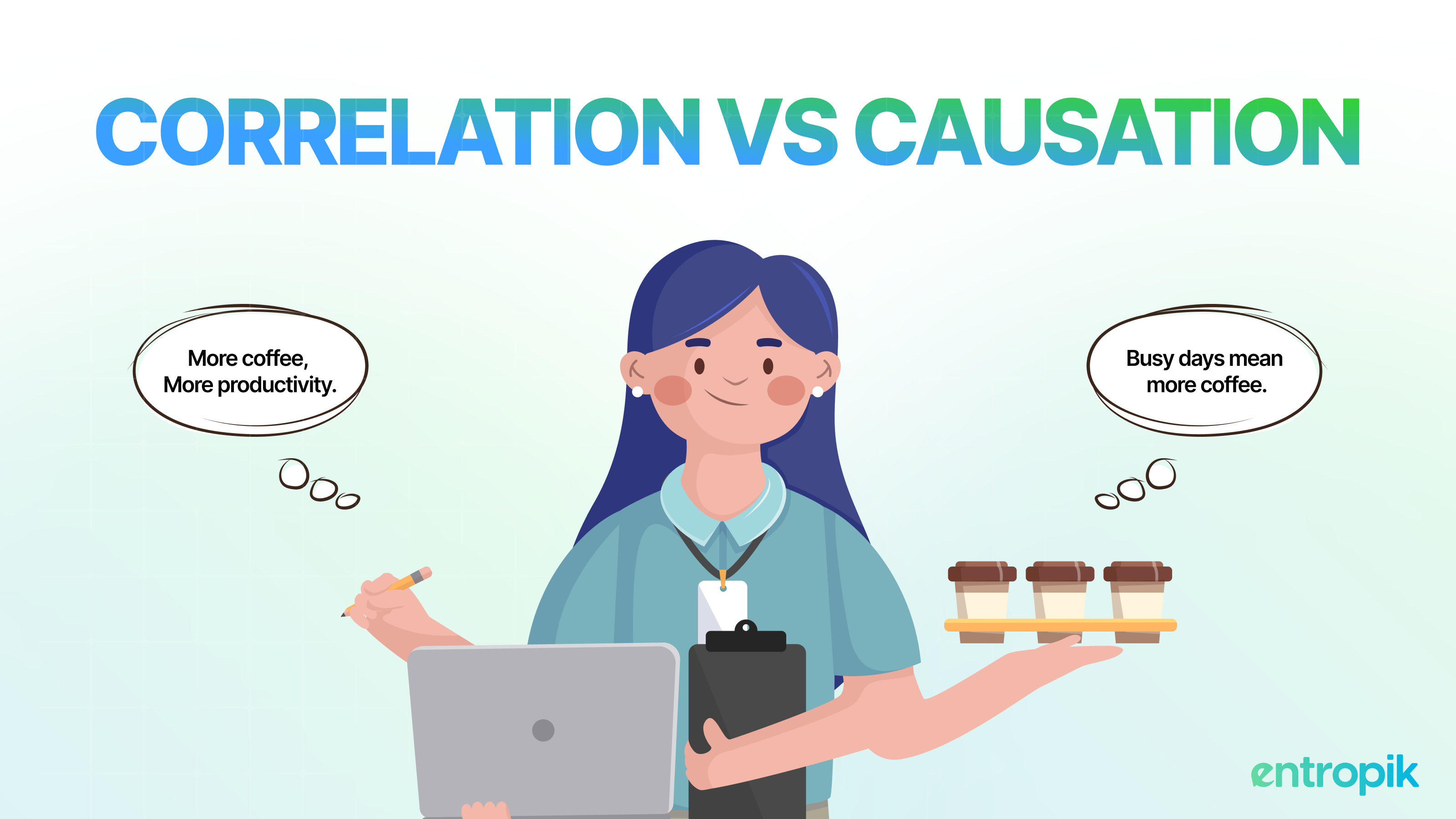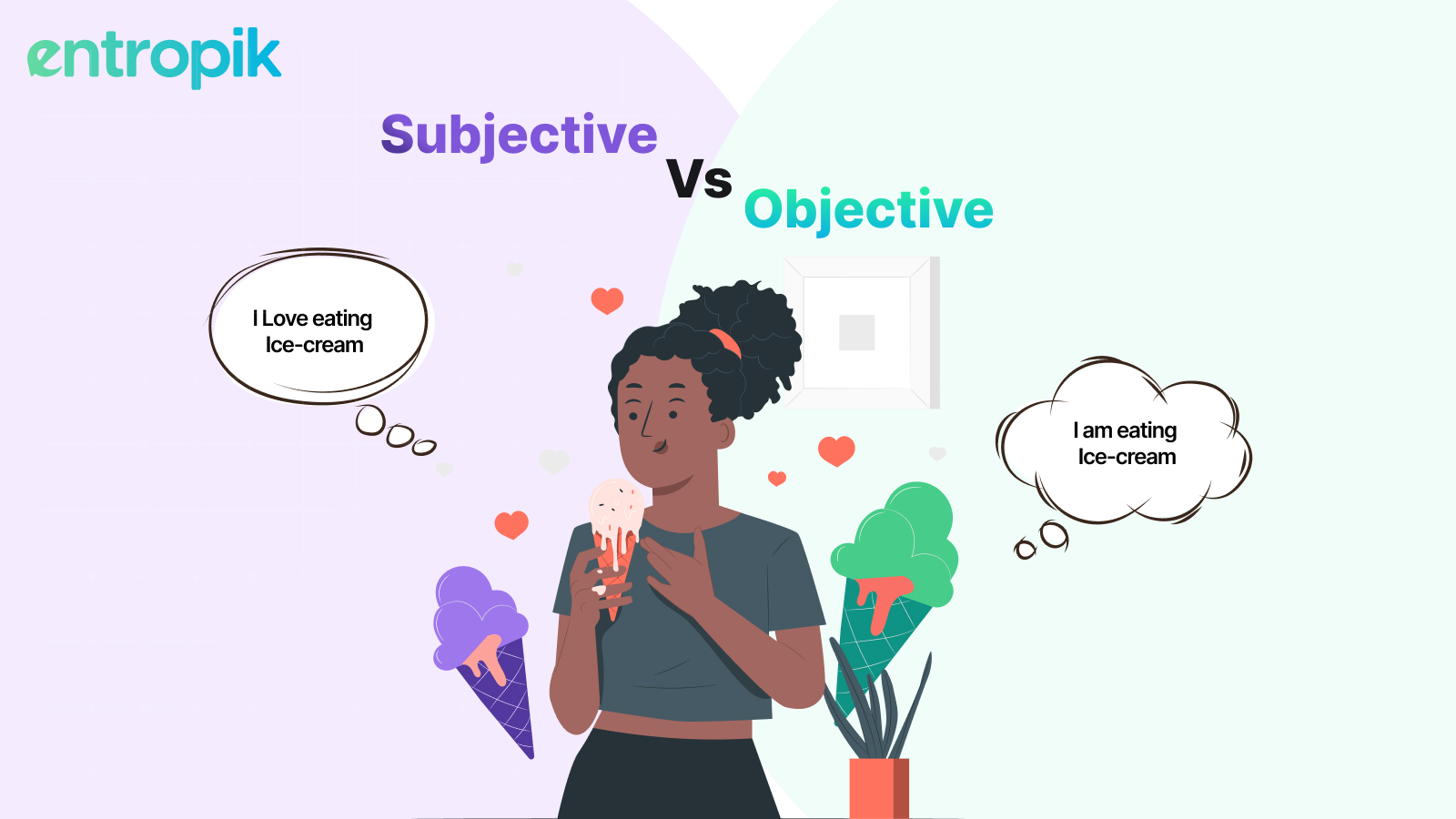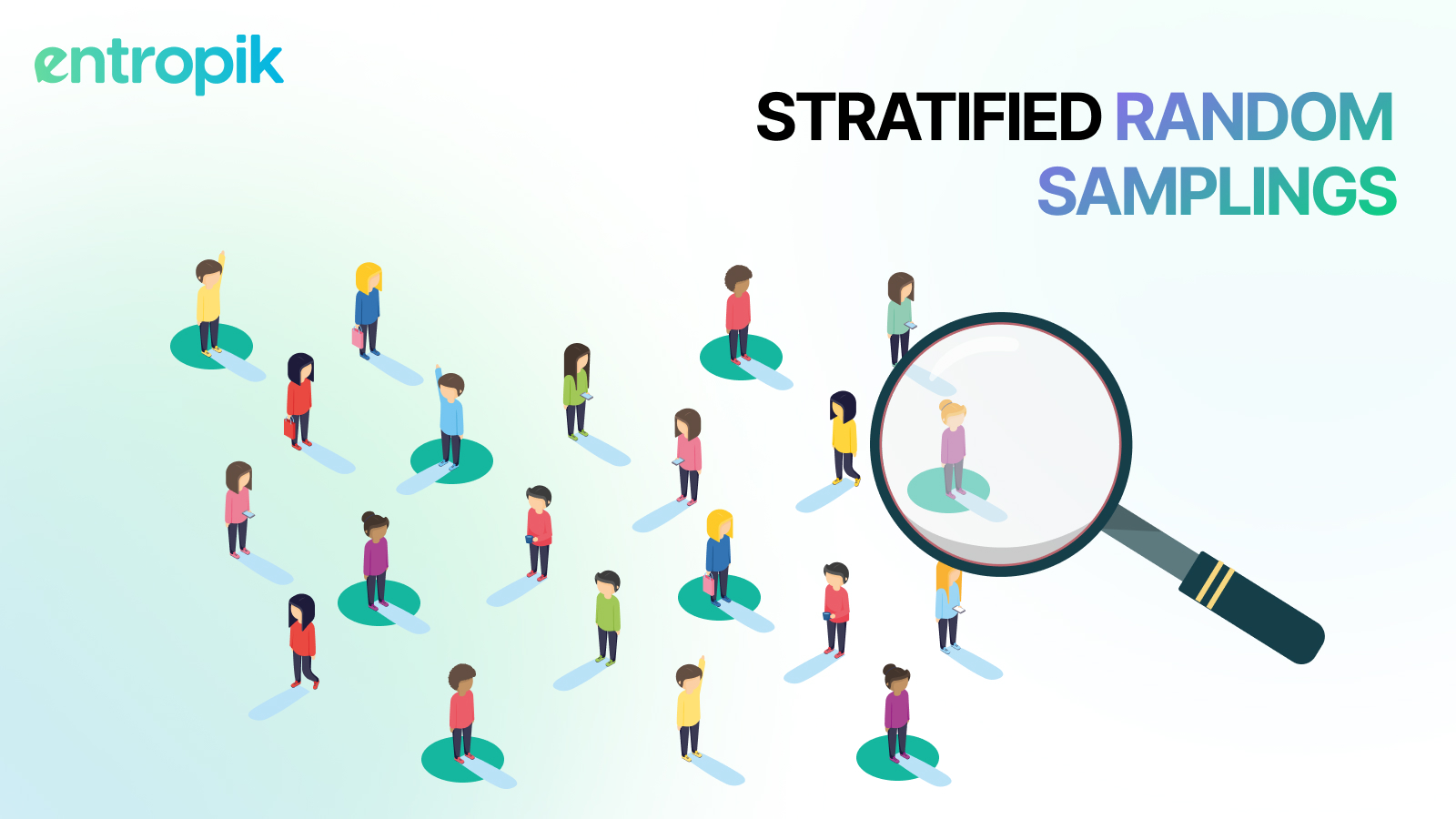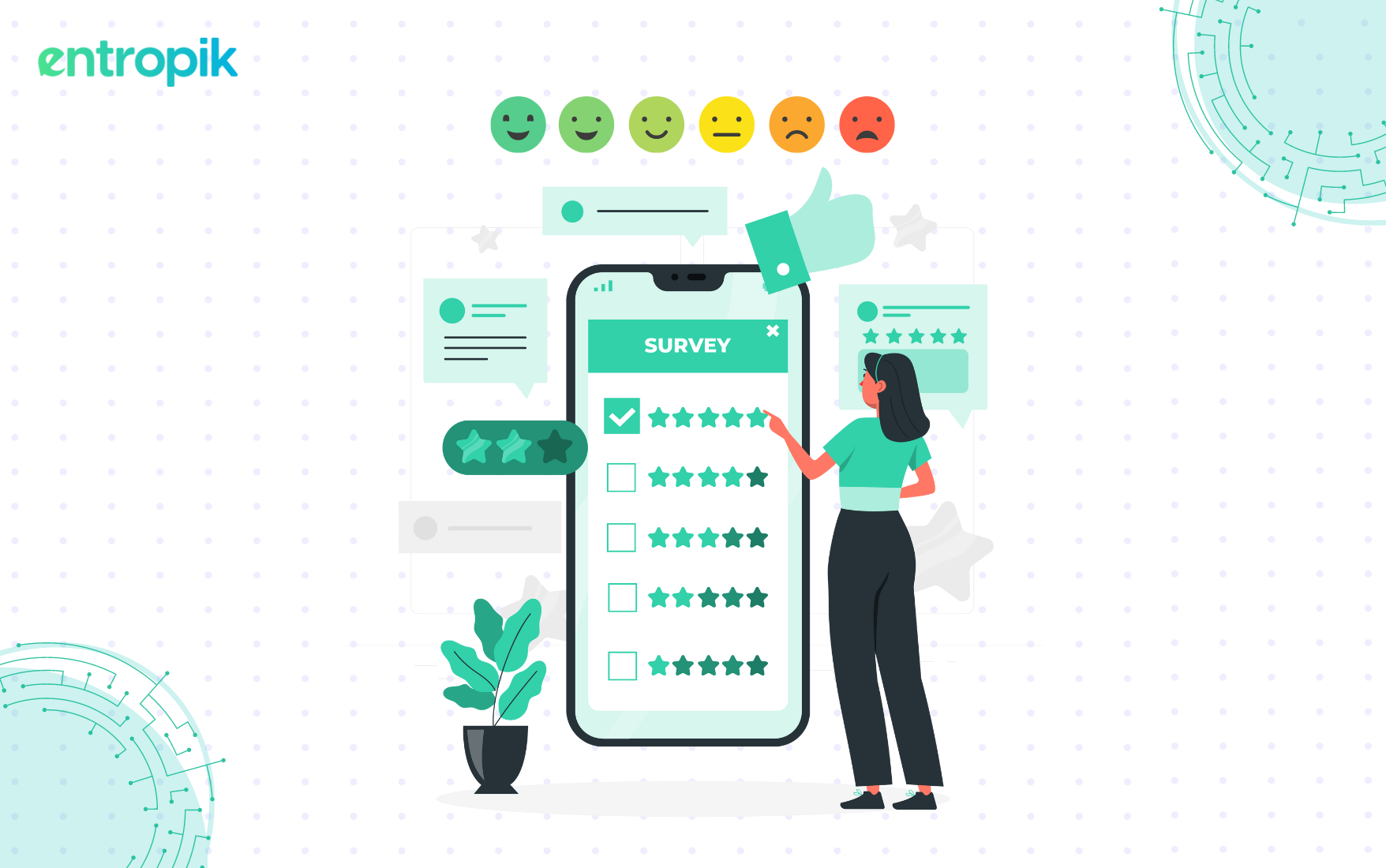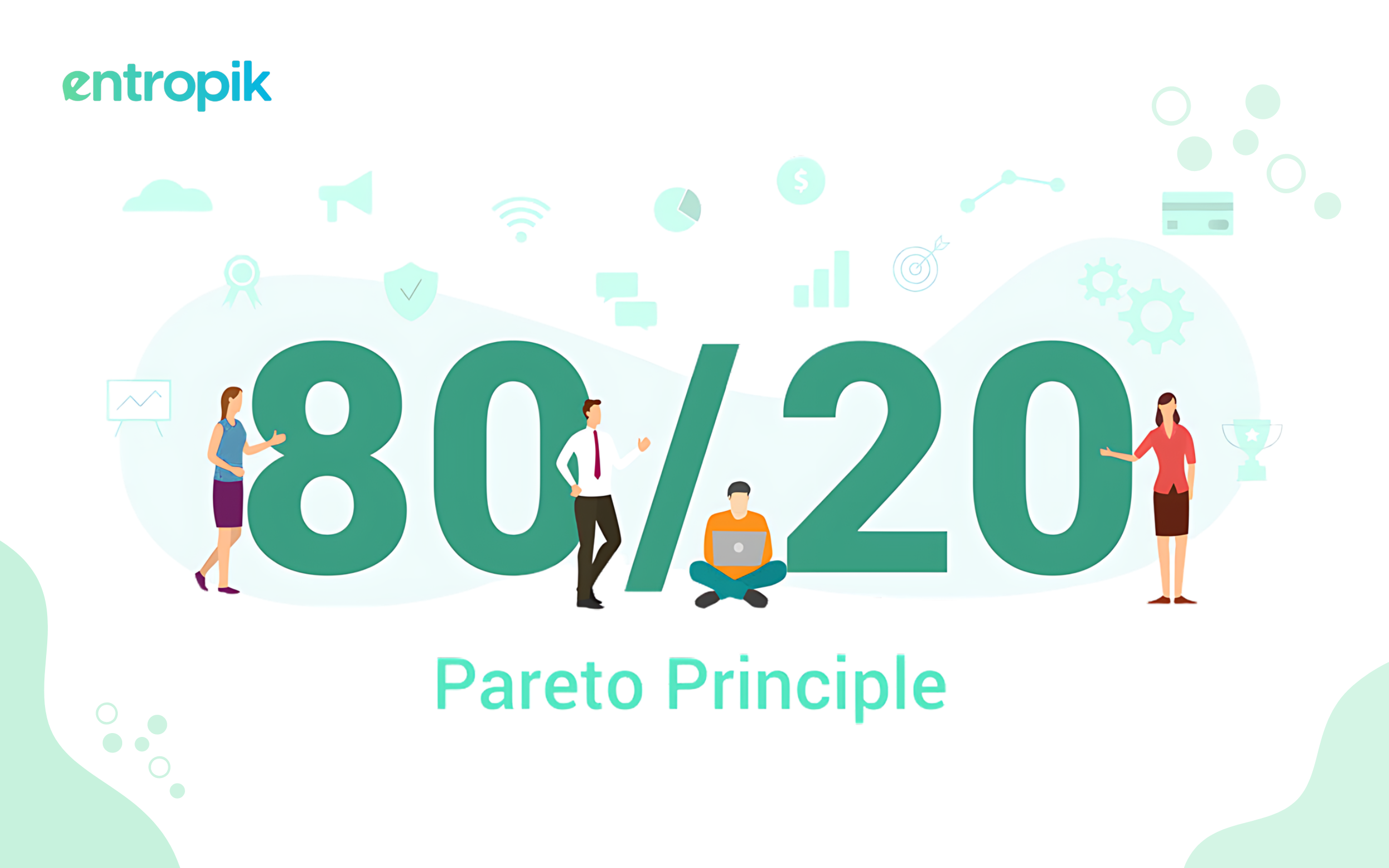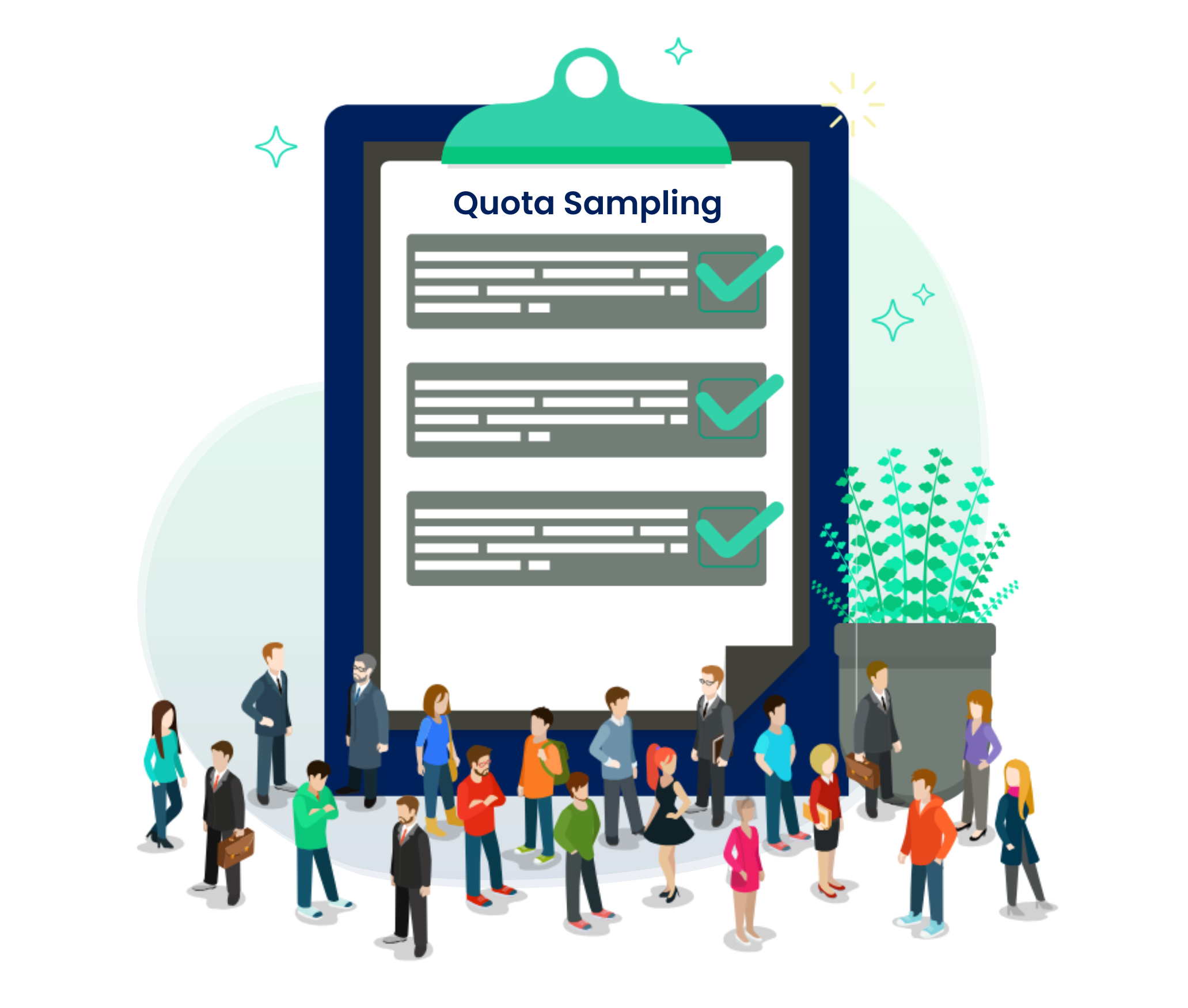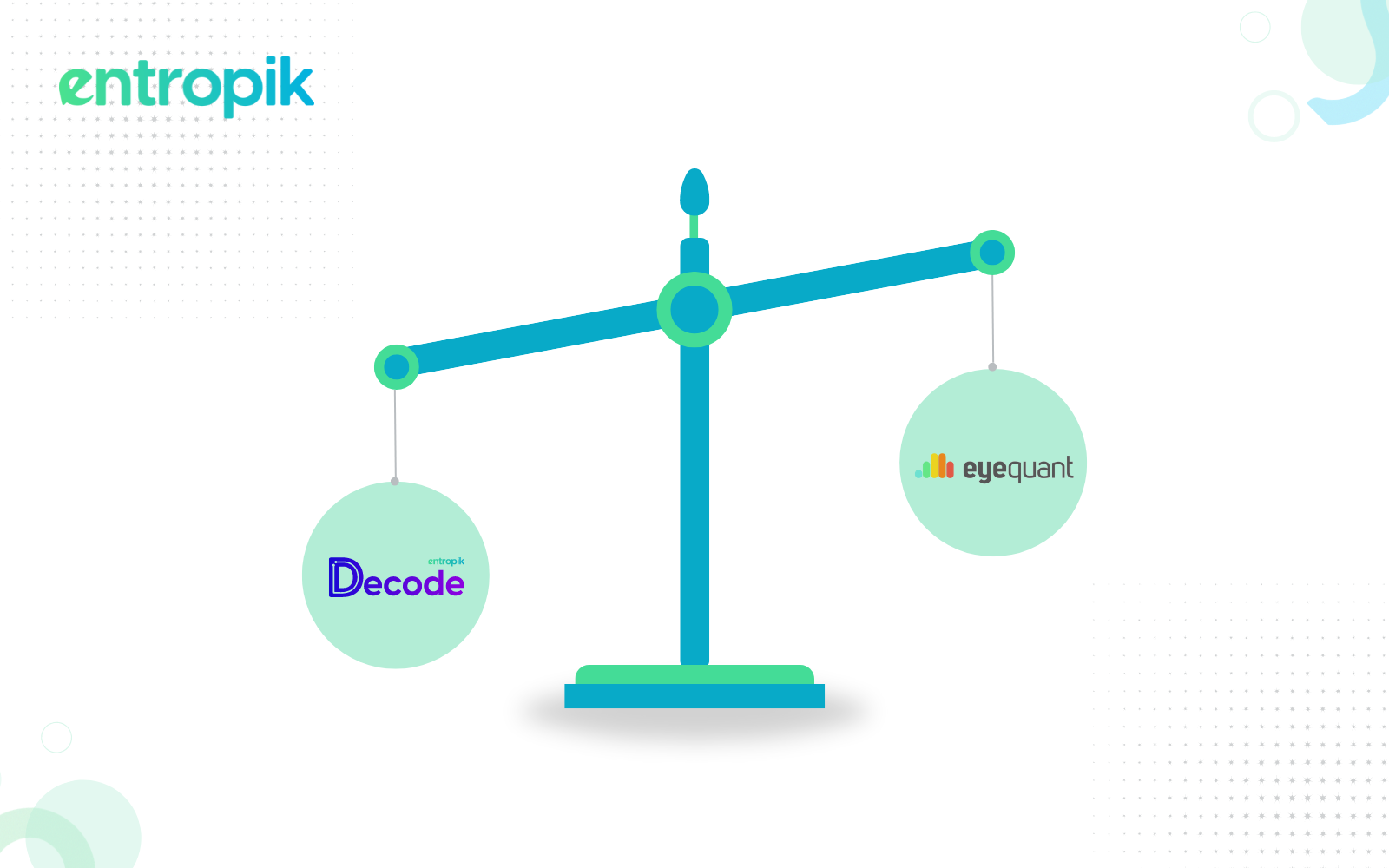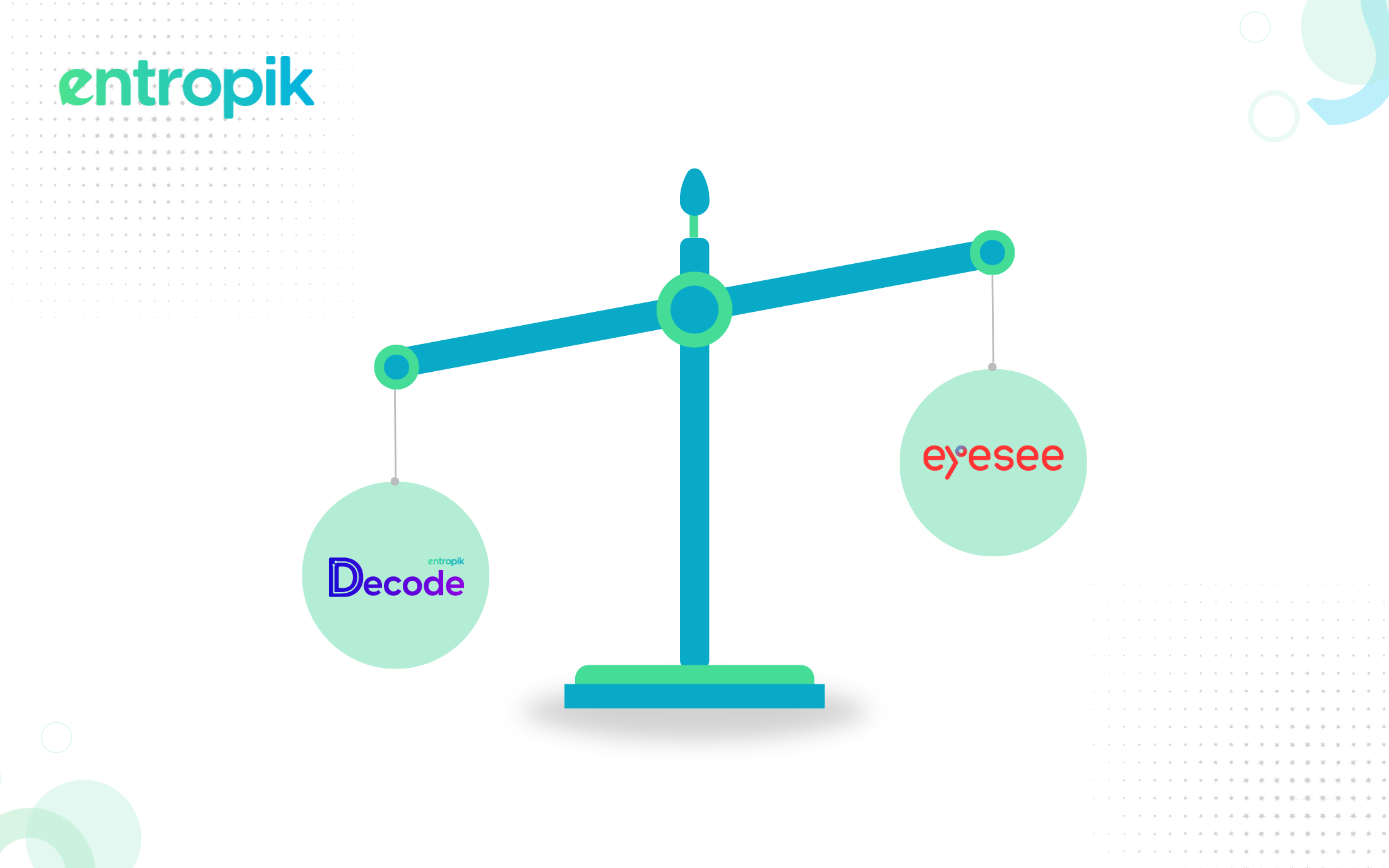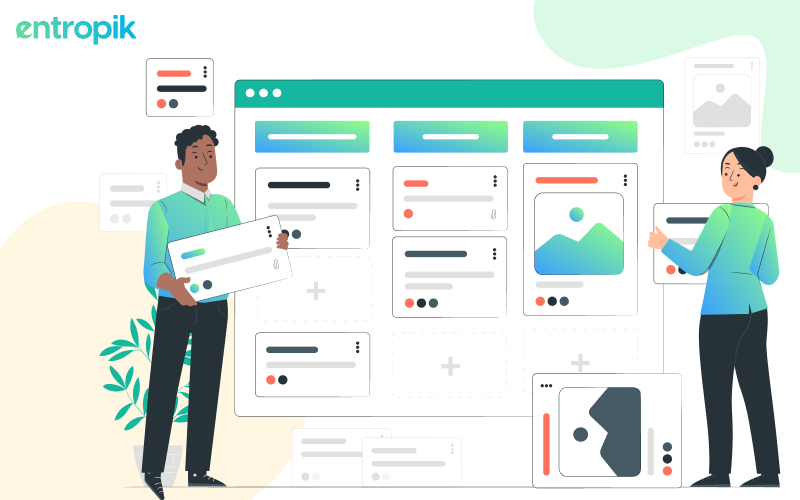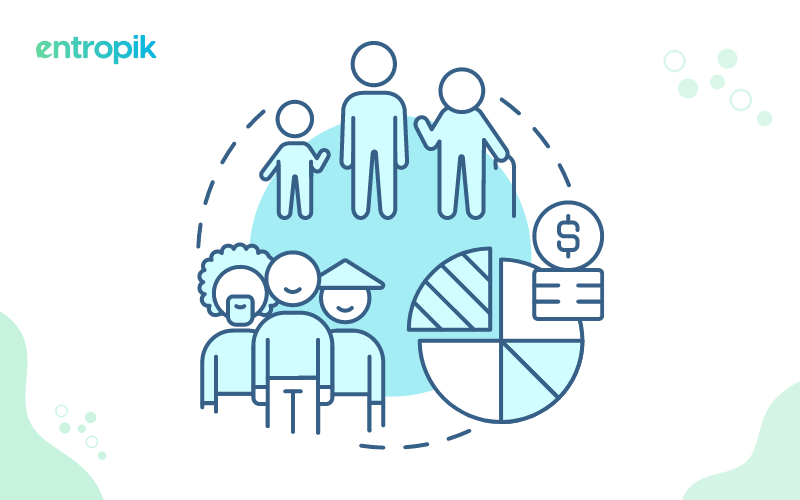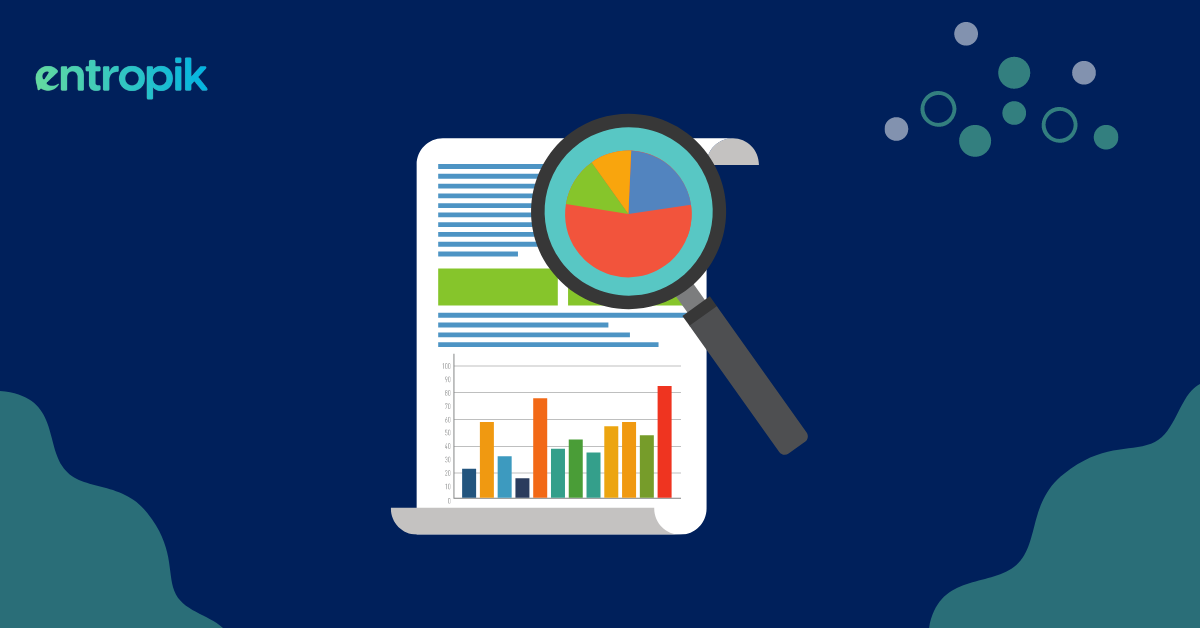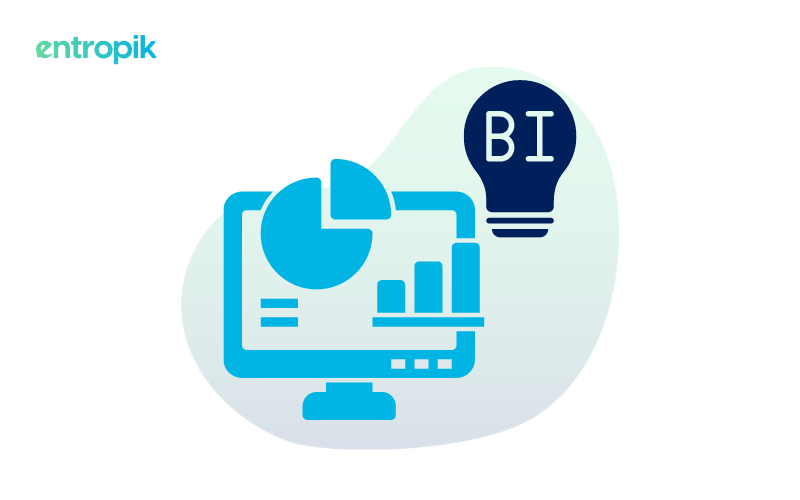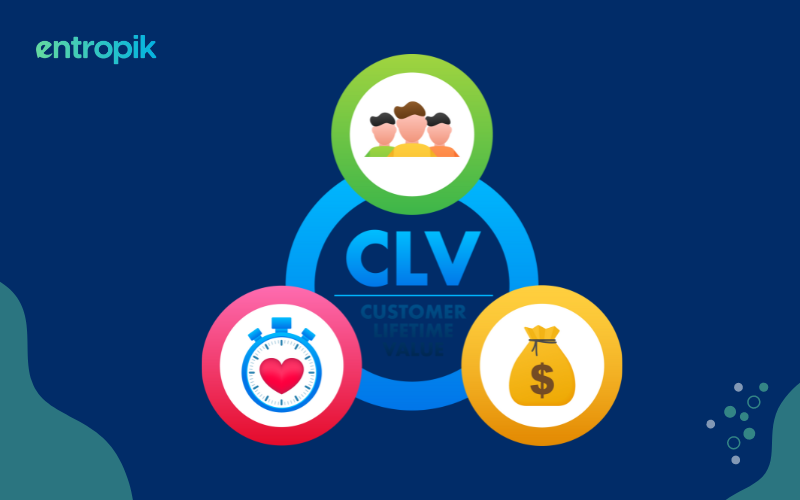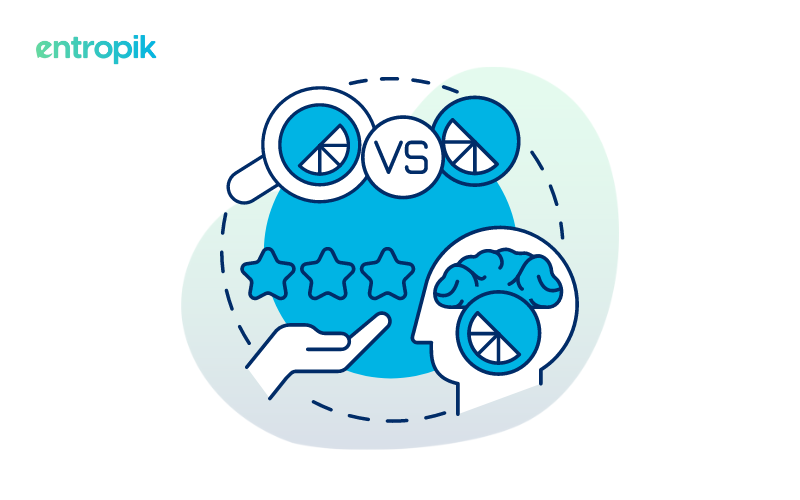“Take no one’s word for anything, including mine - but trust your experience.” -James Baldwin.
Truly, there is no better teacher than experience. Think of a situation where you're a product manager striving to understand why users abandon your app after just a few uses. You've analyzed countless data points, conducted surveys, and even held focus groups, yet you still lack a deep understanding of the user experience. This is where phenomenological research comes in – it's a method of studying the most important parts of human experiences and offers deep insights into how people personally see and understand things.
In this article, we'll delve into the world of Phenomenology Research, exploring its types, methods, and real-world examples to empower your consumer research endeavors.
Understanding Phenomenology Research
Phenomenology Research is not just a methodology; it's a mindset shift. It goes beyond the numbers, inviting you to explore different human experiences. But before we dive deep into its nuances, let's look at what phenomenology in research means.
What is Phenomenology in Research?
At its core, phenomenological research explores how individuals see and interpret experiences from their point of view. It goes beyond the surface and aims to uncover the essence of these experiences, providing invaluable insights for businesses aiming to connect with their target audience.
Unlike traditional quantitative methods that focus on measurable data points, phenomenology research dives deep into subjective experiences, uncovering the meanings individuals attribute to their interactions with the world. Whether you're a product manager, a market researcher, or a curious entrepreneur, phenomenology equips you with a unique toolset to decipher the 'why' behind consumer choices.
Phenomenology Research Methods
Conducting phenomenological research involves several key steps:
- Bracketing: Researchers remove their preconceptions and biases to approach the phenomenon with an open mind, allowing participants' experiences to emerge without external influences.
- Data Collection: Methods such as in-depth interviews, focus groups, or participant observation are employed to gather rich, detailed accounts of lived experiences.
- Analysis: Researchers immerse themselves in the data, identifying recurring themes, patterns, and essences that capture the essence of the phenomenon.
- Interpretation: Through dialogue and reflection, researchers interpret the findings, striving to understand the underlying meanings and implications of participants' experiences.
Phenomenological Research Design
Crafting a solid foundation is key to successful phenomenological research. The research design determines the scope, the depth, and the path your study will follow.
Phenomenological Approach
The phenomenological approach involves engaging with participants in a dialogue, encouraging them to articulate their experiences. It's not about statistical averages but about the unique and personal narratives that shape perceptions.
Types of Phenomenological Research
Phenomenological research encompasses various methodologies tailored to different research objectives. Some common types include:
1. Descriptive Phenomenology: In this type of research, the focus is on providing a detailed account of the lived experiences without imposing preconceived notions. It's similar to creating a vivid painting of consumer experiences, capturing every nuance and detail.
2. Interpretative Phenomenology: Interpretative Phenomenology dives deeper into understanding the meanings attached to experiences. It's like decoding the layers of a consumer's story, revealing the underlying motivations and emotions that drive behavior.
3. Transcendental Phenomenology: This type of research explores the essence of experiences, aiming to identify the core structures that define a particular phenomenon. It's about filtering the purest form of consumer experience, transcending individual variations.
{{cta-button}}
Examples of Phenomenological Research
Example 1: Understanding Customer Loyalty
Imagine you're working for a tech company launching a revolutionary fitness app. Traditional market research might tell you the features customers desire, but it won't reveal the emotional connection users seek. Through phenomenological research, you can conduct in-depth interviews, uncovering the subtle motivators and barriers that shape their loyalty to fitness apps.
Example 2: Redefining User Experience in E-commerce
For an e-commerce platform, the user experience is paramount. Phenomenology research can unveil the intricate web of emotions and perceptions surrounding the online shopping process. By immersing yourself in users' narratives, you can identify pain points, desires, and unexpected joys, elevating your platform to new heights.
A Step-by-Step Guide to Conduct Phenomenological Research
Step 1: Defining Your Research Question
Start by formulating a clear and concise research question. What aspect of consumer behavior or experience are you aiming to explore? This sets the stage for a focused and purposeful study.
Step 2: Selecting Participants
Phenomenology thrives on rich, qualitative data. Choose participants who have experienced the phenomenon you're investigating. Diversity in backgrounds and perspectives enhances the depth of your insights.
Step 3: Data Collection
Methods like in-depth interviews, focus groups, and participant observation are common in phenomenological research. The goal is to gather detailed, firsthand accounts of experiences.
Step 4: Analysis and Interpretation
Unlike quantitative analysis, phenomenology involves a nuanced and iterative process. Identifying recurring themes and patterns from the data collected. Interpret these findings in the context of the research question, unlocking the essence of the phenomenon.
Phenomenological Qualitative Research
Phenomenology vs. Traditional Research
Traditional research methods often rely on quantitative data, emphasizing statistical significance. Phenomenology qualitative research, on the other hand, prioritizes the richness of individual experiences. It's not about 'how many' but 'why' and 'how.'
The Power of Phenomenological Research in Consumer Insights
Understanding consumer motivations is a constant challenge. Phenomenology allows you to dive deep into the intricacies of why individuals make certain choices. It unveils the emotional and behavioral aspects that quantitative data might overlook.
Personalizing Marketing Strategies
In a world filled with generic marketing messages, personalization is the key. Phenomenology research provides the insights needed to tailor your marketing strategies to resonate with the unique experiences of your target audience.
Conclusion
Whether you're seeking to launch a product, refine your user interface, or understand brand loyalty, phenomenology equips you with a compass to navigate the depths of consumer consciousness. It is not just a research methodology; it's your key to unlocking the authentic human stories behind the data and transforming the way you perceive and understand your audience.
{{cta-button}}


.jpg)












.jpg)



